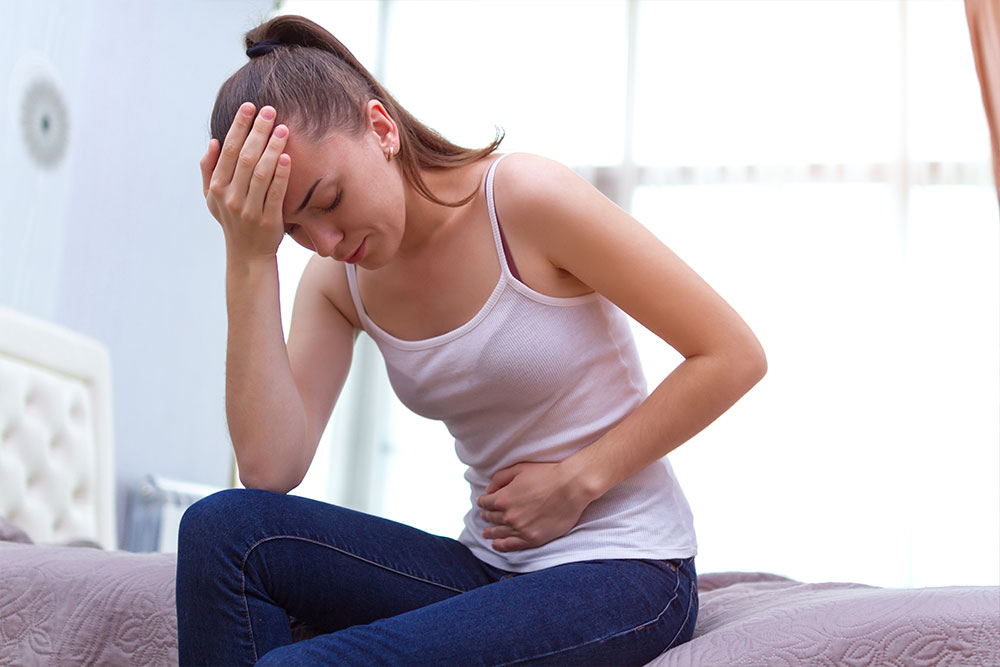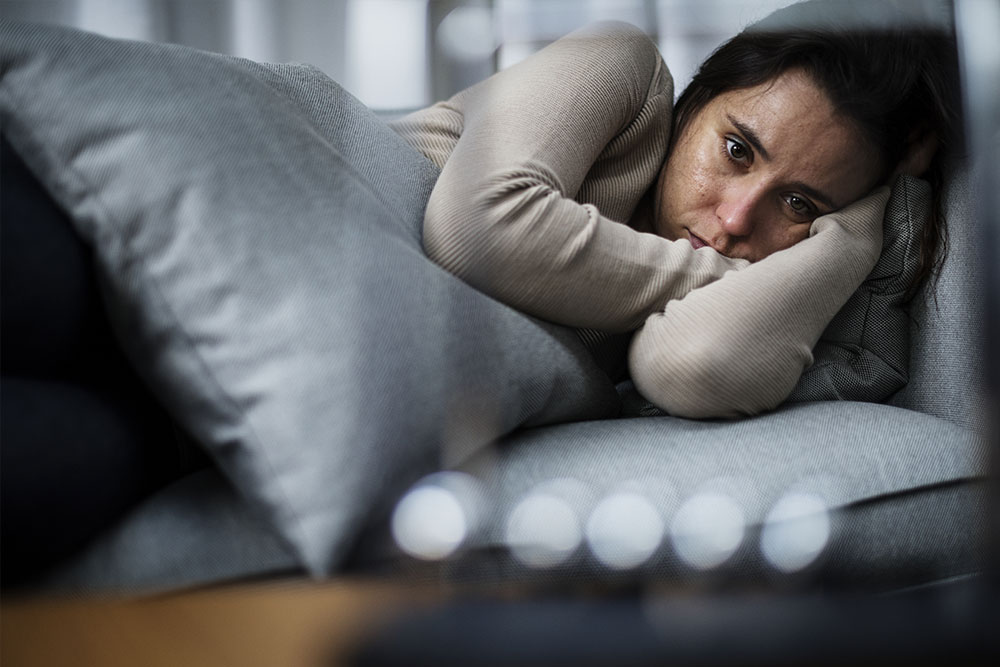Since the start of your period, chances are you've had some form of Premenstrual Syndrome or PMS. Doctors estimate that up to three-quarters of women who have periods suffer from PMS symptoms such as food cravings, cramps, sensitive breasts, moodiness, and fatigue. Premenstrual Dysphoric Disorder or PMDD, on the other hand, is a unique condition. It generates emotional and physical symptoms similar to PMS, but it drains women with PMDD. Its symptoms may interfere with your daily activities, such as job, school, social life, and relationships. In short, PMDD is a health disease that is comparable to PMS, but it is more serious. Let’s read on to understand more.

As the name suggests, PMDD is more concerned towards a reproductive health issue, which in turn can also cause psychological issues. According to Dr Asha Dalal, director, department of obstetrics and gynaecology, Sir HN Reliance Foundation Hospital, Mumbai, “It has the potential to impact women of childbearing age. It's a serious and long-term medical problem.”
Causes
Dr Dalal explains that PMDD is unknown to have a specific aetiology. “It could be an aberrant reaction to the usual hormonal fluctuations that occur during each menstrual cycle. Serotonin insufficiency may result from hormonal changes,” she says. Serotonin is a neurotransmitter found in the brain and intestines that causes blood vessels to constrict, affecting mood and causing physical symptoms.

Risk Factors
While any woman can have PMDD, Dr Dalal points out that the following women are more likely to acquire it:
• Women having a history of PMS or PMDD in their family
• Women who have had depression, postpartum depression, or other mood disorders in the past (personal or family history)
Lower education about reproductive health and cigarette smoking are two other possible risk factors.

Signs And Symptoms
Dr Dalal expounds that PMDD symptoms emerge a week before menstruation and disappear a few days after your period begins. These symptoms make it difficult to go about your everyday routine. PMDD symptoms are so severe that women struggle to function at home, at work, and in their relationships at this point of time. Some of the physical symptoms to watch out for are:
Physical Symptoms
• Bloating in the abdomen
• Appetite disruption (generally increased)
• Headaches
• Lethargy or weariness
• Muscle pains and/or joint pain
• Sleep disturbance (often hypersomnia)
• Swelling of the extremities
• Hot flashes
• Decreased coordination
• Painful menstruation
• Diminished sex drive
Gastrointestinal Problems
• Pelvic heaviness or pressure
• Backache
• Abdominal cramps
• Bloating
• Constipation
• Nausea
• Vomiting
Skin Issues
• Acne
• Itching and inflammation of the skin
• Exacerbation of various skin conditions, such as cold sores
Fluid Retention
• Swelling of the ankles, hands, and feet
• Weight gain on a regular basis
• Reduced urine production
• Breast tenderness

Ms Mehezabin Dordi, clinical psychologist, rehabilitation, and sports medicine department, Sir HN Reliance Foundation Hospital, Mumbai shares the psychological and behavioural symptoms of PMDD:
Psychological Symptoms
• Increased anxiety
• Feeling overwhelmed or out of control
• Depressed mood
• Irritability or mood swings
• Feeling overwhelmed
• Sensitivity to rejection, or anything around you
• Withdrawing from family and friends
Behavioural Symptoms
• Fatigue
• Forgetting things
• Feeling distracted

Diagnosis
There are limited options to determine PMDD. Dr Dalal adds, “There are only a few diagnostic tests available, aside from a thorough medical history and physical and pelvic examination.” However, during most menstrual cycles over the course of a year, five or more of the symptoms mentioned above must be present to make a thorough assessment.
Treatment Plan
Dr Dalal explains that to treat PMDD, one or a combination of treatment approaches may be suggested to lessen the severity of the symptoms. They are:
• Dietary changes to enhance protein and carbs while lowering sugar, salt, caffeine, and alcohol intake
• Regular exercise
• Anti-inflammatory medications
• Vitamin supplements, such as vitamin B6, magnesium, and calcium
• Birth control pills to regulate your cycle
Further, Ms Dordi also adds that in order to deal with the psychological symptoms of PMDD, the following steps can be taken:
• Stress management via therapy
• Prescribing selective serotonin reuptake inhibitors (SSRIs)
• Meditation and breathing exercises to manage your mood